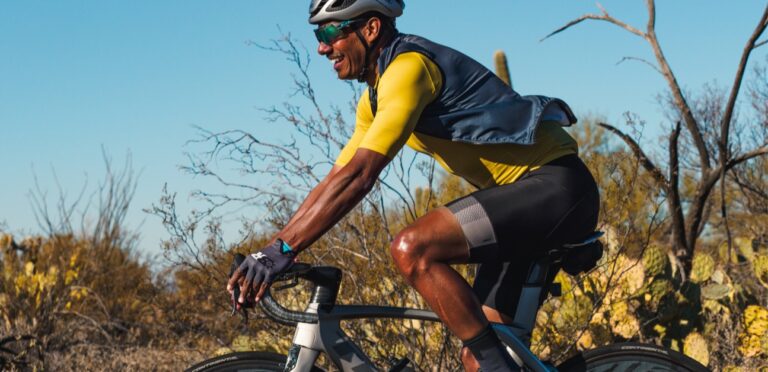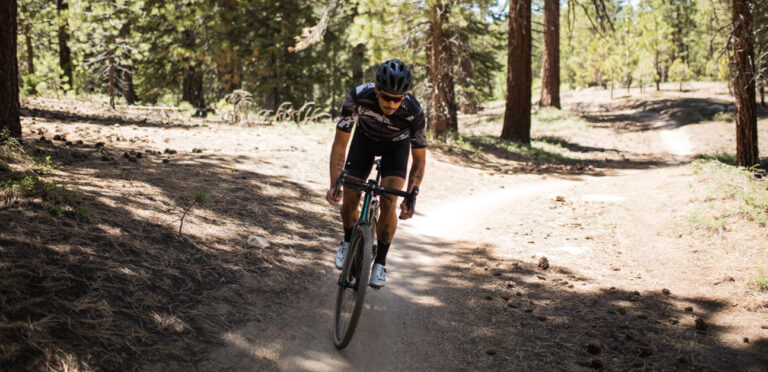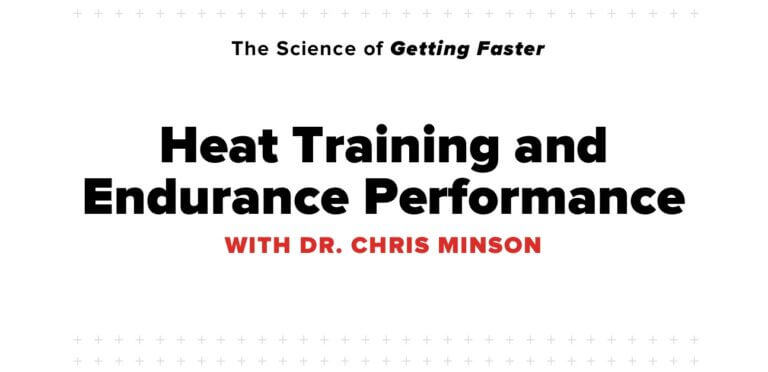Cycling training doesn’t just fatigue your legs — it can also tire out your brain. Knowing the impact that training has on subsequent mental awareness can help you anticipate the cognitive demands of training and racing.


Cycling training doesn’t just fatigue your legs — it can also tire out your brain. Knowing the impact that training has on subsequent mental awareness can help you anticipate the cognitive demands of training and racing.

In Polarized training, the majority of training stress occurs at low or high intensity, with little to no time spent at moderate intensity. It’s a hot topic in cycling, but it’s also the subject of widespread confusion and uncertainty.

Exogenous ketone esters are a hot topic in cycling. In our second conversation with Dr. Chiel Poffe, we learn about his research into using ketone esters to benefit recovery from high-volume training.

Power-to-weight ratio is one of the most important metrics in cycling, but it can also be a negative influence driving athletes to obsess over weight. Learn how it can help make you faster if used correctly.

If you’ve been paying attention to professional cycling over the last few seasons, you’ve probably heard talk of ketone esters. Can this substance improve performance? And if so, how?

After more than 30 years racing bikes, professional strength coach Art O’Connor continues to push himself with new challenges. Learn how he used smart training to conquer a 21- hour race in extreme cold conditions.

Heat adversely affects the body’s ability to do work, but strategic utilization of heat in a training regimen can facilitate performance increases. Dr. Chris Minson, one of the leading experts and researchers on this topic, explains how heat training can improve your performance and offers tips on how to prepare for events in hot conditions.

Power is the only truly objective way of assessing performance in cycling, but power meters and smart trainers are a luxury for many athletes. Find out how you can get the benefits of structured training without a power meter, and why this type of training can even benefit riders with access to expensive equipment.

Fitness is never stagnant, and if you reduce training stress, you experience detraining. Find out what it is, why it happens, and the rate at which it occurs.

While cyclists need training stress to promote physical adaptations, too much of it can have the opposite effect. A prolonged period of insufficient recovery and excess training stress can lead to non-functional overreaching, and ultimately to overtraining syndrome.